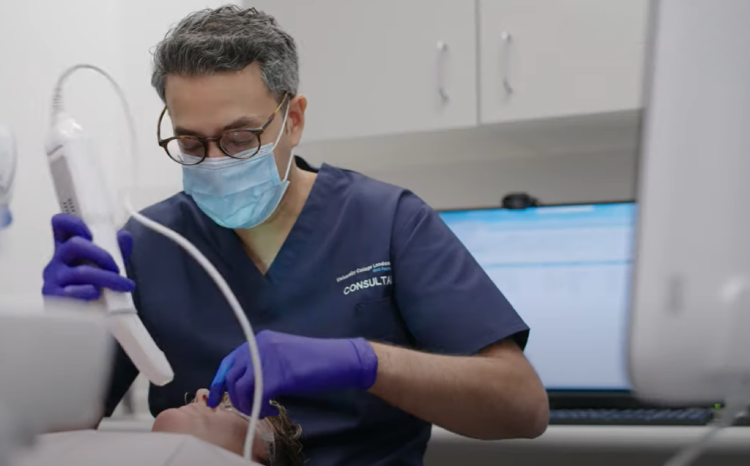Oracle Health promises next-generation EHR following Cerner take-over
- 21 September 2023

Oracle Health last week promised to deliver new next generation Electronic Health Record features, in the clearest indications of strategic direction since acquiring Cerner health and rebranding as Oracle Health.
These are promised to include new cloud-based EHR capabilities, generative AI services, public Application Programming Interfaces (APIs), together with a big focus on back-office improvement and integration with Oracle’s HR, finance and supply chain software.
The focus for developments will be to offer the next generation development of Cerner Millennium based on cloud-based applications.
“Built on Oracle Cloud Infrastructure (OCI), the next-generation Oracle Health EHR Platform will offer unparalleled performance, data security, and access to cutting-edge AI technology,” the company said in a press release.
Oracle completed the $28 billion acquisition of Cerner in June 2022.
Customers are promised that they will be able “to adopt capabilities of the platform, without reimplementation, in a modular fashion on the timeline that works best for them”. The new capabilities will start to be available in the next 12 months.
The new generative AI services will be focused on a new Oracle Clinical Digital Assistant, which Oracle says will enable health providers to leverage the power of generative AI together with voice commands to reduce manual work.
For clinicians generative AI will start to enable automated note taking and to propose context-aware next actions, such as ordering medication or scheduling labs and follow-up appointments.
Oracle says this approach will enable it to provide customers with “an open and integrated technology ecosystem that helps healthcare organizations improve patient care, optimize clinical expertise, and reduce costs”.
“Our goal is to deliver one of the industry’s best, most functionally rich EHR systems to reduce wasted time, eliminate redundant processes, and add value every step of the way for practitioners and the patients they serve,” said Travis Dalton, executive vice president and general manager of Oracle Health.
“These enhancements are another step forward in our mission to improve the patient experience by connecting the healthcare ecosystem in a way that enables providers to deliver more efficient and effective care.”
The announcements were made at Oracle’s annual user conference OracleWorld.
Demos of these solutions are available at: https://www.oracle.com/health/innovation
Ahead of Oracle’s annual user event its shares fell after reporting lower than expected figures, during the quarterly earnings call. CEO Safra Catz reported “head-winds” as the company seeks to accelerate transition of Cerner clients into the cloud, according to a Fiercehealthcare Report.
In the US market Oracle Cerner has seen arch-rival Epic continue to grow its share of the hospital market. According to research specialist KLAS in 2022 Epic had 47.6% of US hospital beds with Oracle still second but way back at 24.9%.
In recent months Epic has won key procurements that will see it displace Cerner at the prestigious Intermountain healthcare group and University of Pittsburgh Medical Centre.




